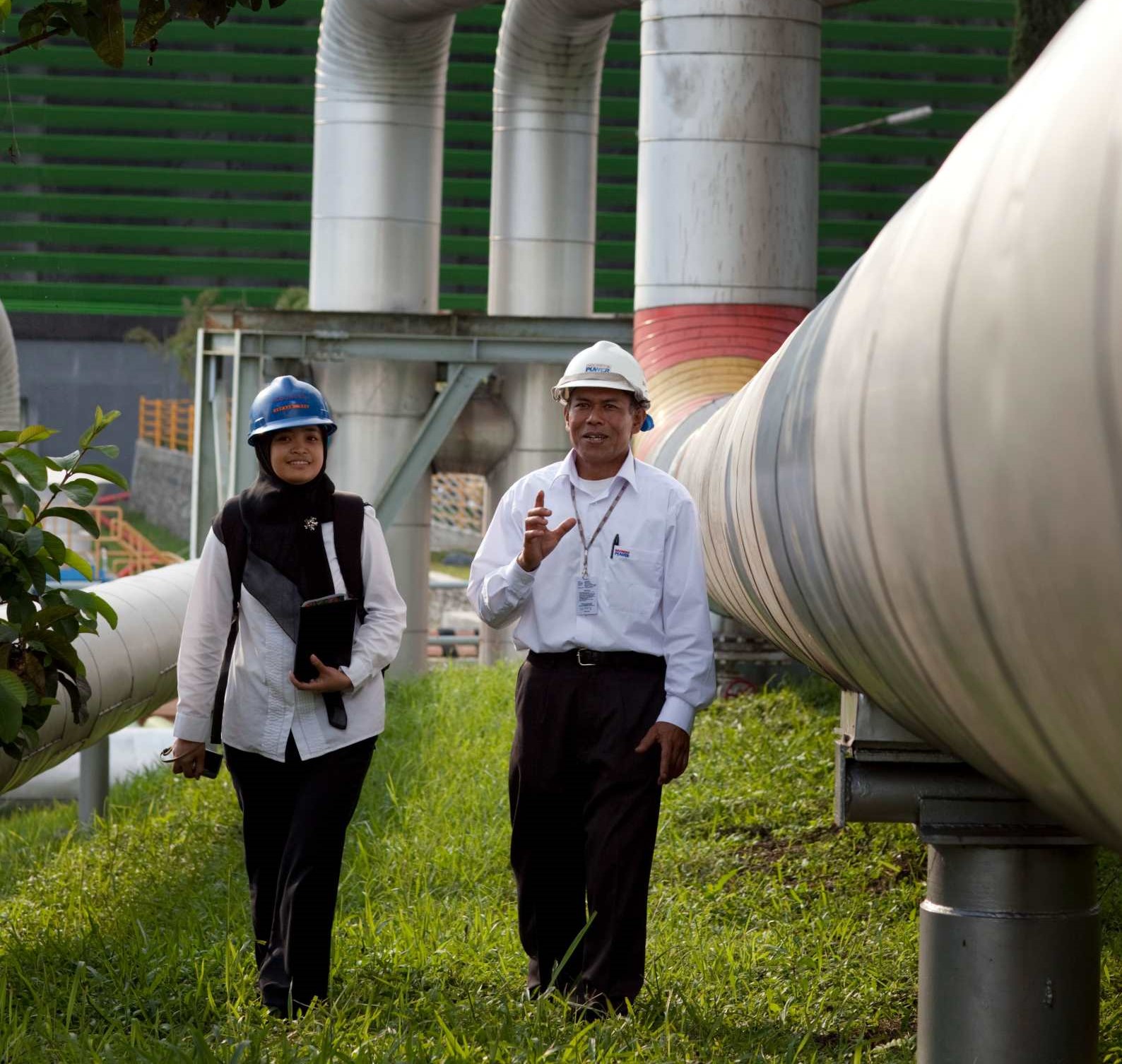OECD: Biofuels inefficient
A study by the Organisation for Economic Cooperation and Development (OECD) has come out against promoting biofuels. According to a document presented to ministers of OECD member states in the middle of September, ethanol and biodiesel will contribute little towards reducing carbon dioxide emissions in the future. If biofuels reach the 13% share of the global fuel market forecast by the International Energy Agency (IEA) by 2050, the amount of CO2 emitted worldwide would fall by just three percent compared with the business-as-usual scenario. Every tonne of carbon dioxide emissions saved by biofuel currently costs the United States $ 500 in subsidies; in the European Union, the OECD document says, the figure is even higher. According to the authors, biofuels at present are not an efficient answer to the energy problem. However, damage to the environment and impacts on food markets are already clearly visible. The rich countries should therefore end subsidies and invest more money in researching the use of second-generation biofuels (for instance, wood). (See also p. 392 in this issue.) (ell)






